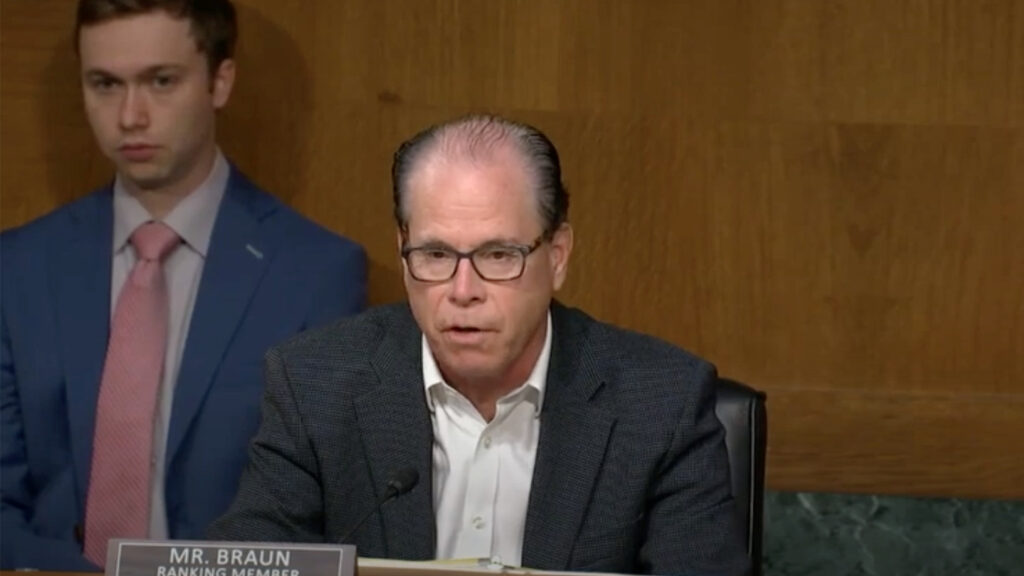

The pandemic may be over, but it has left lingering concerns about access to data and government information, especially among older adults, veterans and others with disabilities.
Legislators and witnesses at a Senate Special Committee on Aging hearing Thursday concluded that there is still plenty to do to bolster compliance to the Rehabilitation Act and its provisions targeting those with disabilities.
The hearing highlighted existing challenges concerning government tech availability in a session titled “Unlocking the Virtual Front Door.”
“Access to information and communications technology is a critical civil right for the blind and aging population,” said witness Ronza Othman, president of the Maryland chapter of the National Federation of the Blind.
Another speaker, blind engineer Chris Westbrook, noted that he was unable to file taxes on his own, and therefore, by using existing processes, he had to reveal private information to a third party, an encumbrance his “nondisabled peers” did not have to face.
Although the hearing was based broadly on access to any government websites, both Sens. Bob Casey (D-PA) and Mike Braun (R-IN), chair and ranking member of the committee, respectively, said that the concerns initially were sparked by struggles to access COVID-19-related data during the pandemic.
“Technology has changed the way we live our lives,” Braun said. “During COVID, far too many in-person services closed. People were forced to turn to the internet for basic services, from food to healthcare and even local, state and federal government services. It is clear that society is relying more and more on technology. So, we ought to design with accessibility in mind.”
In addition, prior studies have indicated that older adults’ ability to access Medicare information and understand coverage is an ongoing concern.
Building on the Rehabilitation Act, the US Department of Health and Human Services proposed new rules last month that would increase disabled individuals’ access to HHS-supported health services.
Related to improving Medicare coverage, an existing bill in Congress would eliminate a three-day requirement hospital patients currently must meet before their time in a skilled nursing facility is reimbursed. That bill is enthusiastically by skilled nursing providers.


